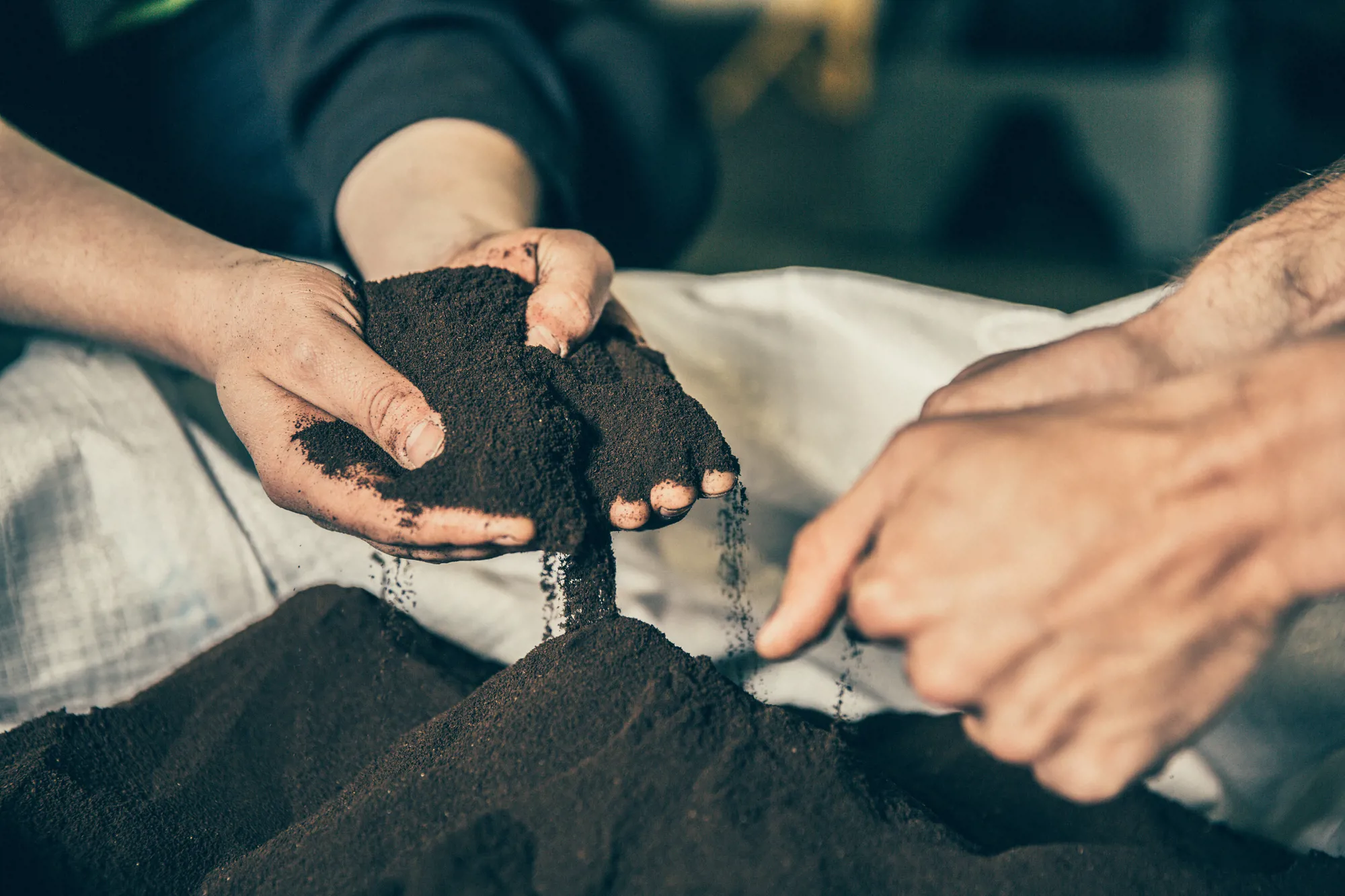International Coffee Day, on 1st October, is a celebration of coffee for coffee lovers around the world. In the UK, coffee now ties with tea as our favourite drink. We get through an astonishing 98 million cups of coffee a day! Coffee is good for us: we enjoy drinking coffee while we chat, it peps us up and it has health benefits.
- High street café culture is booming: 80% of people who visit coffee shops do so at least once a week, with 16% of us visiting every day
- Coffee creates employment: it provides over 210,000 jobs in the UK and countless jobs for millions of people worldwide
- 75mg of caffeine improves concentration and alertness and can help us cope with night-time driving or jet leg
- Lifelong regular consumption of coffee may protect us from cognitive decline and neurodegenerative conditions
- Black coffee is low calorie (only 1-2 kcal per 100ml) and contains important micronutrients, such as potassium, magnesium and niacin
- Research shows that coffee might even provide a protective effect against common digestive complaints such as gallstones, as well as certain liver diseases
But there are downsides. Hundreds of thousands of tonnes of used coffee grounds end up in UK landfill every year, releasing methane and other dangerous greenhouse gases. And those wasted coffee grounds cost businesses millions of pounds in waste-disposal fees.
Fortunately, there are companies who offer alternatives to chucking your coffee grounds into the garbage – like bio-bean, the world's largest recycler of coffee grounds. Bio-bean transforms used coffee grounds into sustainable products, such as Coffee Logs for wood-burners, flavour ingredients for food and beverage manufacturers, and a raw material to use in bioplastics, brake pads, cosmetics and more.
By recycling used coffee grounds from UK businesses into sustainable bio-products, bio-bean demonstrates that spent coffee grounds can be used more sustainably. This:
- reduces the impact of waste
- reduces greenhouse gas emissions
- displaces the need for virgin and scarce resources
- and contributes to the circular economy
First Mile has been working with these recycling superstars for the past eight years, providing coffee-recycling services to London and Birmingham businesses.
What is the difference between instant coffee and coffee grounds?
Instant coffee is coffee that was brewed and stored in packaging. Ground coffee is not processed except after beans are washed and dried and it's then packed and shipped to coffee shops and retailers where the natural degradation process commences.
Freshly brewed coffee grounds hold onto their essential oils, giving your cup of coffee a fuller, richer taste.
How does coffee grounds recycling work?
It's simple. You choose how many coffee-recycling boxes you want and your schedule. We'll collect the boxes when they're full, then take them to our depot, where they're sorted and stored in a dedicated unit. When the unit is full, the coffee grounds are sent to bio-bean to be transformed into useful products.
If you're a café, bar or restaurant, or you just have a lot of coffeeholics in your company, we can provide everything you need to start recycling your coffee grounds. You can read more about our service here.
Here are a few of the businesses we've helped to recycle their unwanted coffee grounds:
Some of our larger clients like Caffè Nero recycle over 17 tonnes of coffee grounds every month from their 122 London stores!

Why recycle your coffee grounds?
- You'll save money! Coffee grounds are heavy, so you'll reduce the weight of your waste and, in turn, the costs associated with disposal
- You'll save up to 17x more in greenhouse gas emissions than if you send your coffee grounds to other disposal methods, which means…
- Your business can achieve greater sustainability!
- In short, you're reducing waste, saving on greenhouse gas emissions and helping to drive a more circular economy
Are there any other uses for coffee grounds?
Yes, there are lots. Did you know cars can run on coffee? In March 2010, a car named ‘Car-puccino' drove from London to Manchester powered only by coffee. The modified engine worked by heating coffee grounds until they split into carbon monoxide and hydrogen. The hydrogen then separated by cooling and combusted to drive the engine.
You can also use coffee grounds as soil compost, a natural flea repellent, a natural insect repellent, in cleaning products, as a meat tenderiser, in worm farms and as a beauty product. It might even prove to be a cure for baldness: caffeine has been found to stimulate hair growth!
Innovative Finnish company Rens is using coffee grounds to make trainers. They mix the processed coffee grounds with recycled plastic pellets to create a polymer, from which the upper part of the shoe is created. Each pair of shoes contains the waste from around 21 coffees.
What about coffee cups?
Because coffee cups are made up of a mixture of paper and plastic, they're tricky to recycle. This means that after one use they usually end up in landfill, where they take roughly 30 years to break down.
But there are alternatives. In April, we managed all the recycling from the London Coffee Festival in collaboration with decent packaging, who produce compostable coffee cups made of plants. This resulted in over 300,000 coffee cups not going to landfill!
We also offer a coffee-cup recycling service, turning your coffee cups into shopping bags, notebooks and cardboard.
So, sit back and enjoy your espresso, while we make recycling easy for you.



